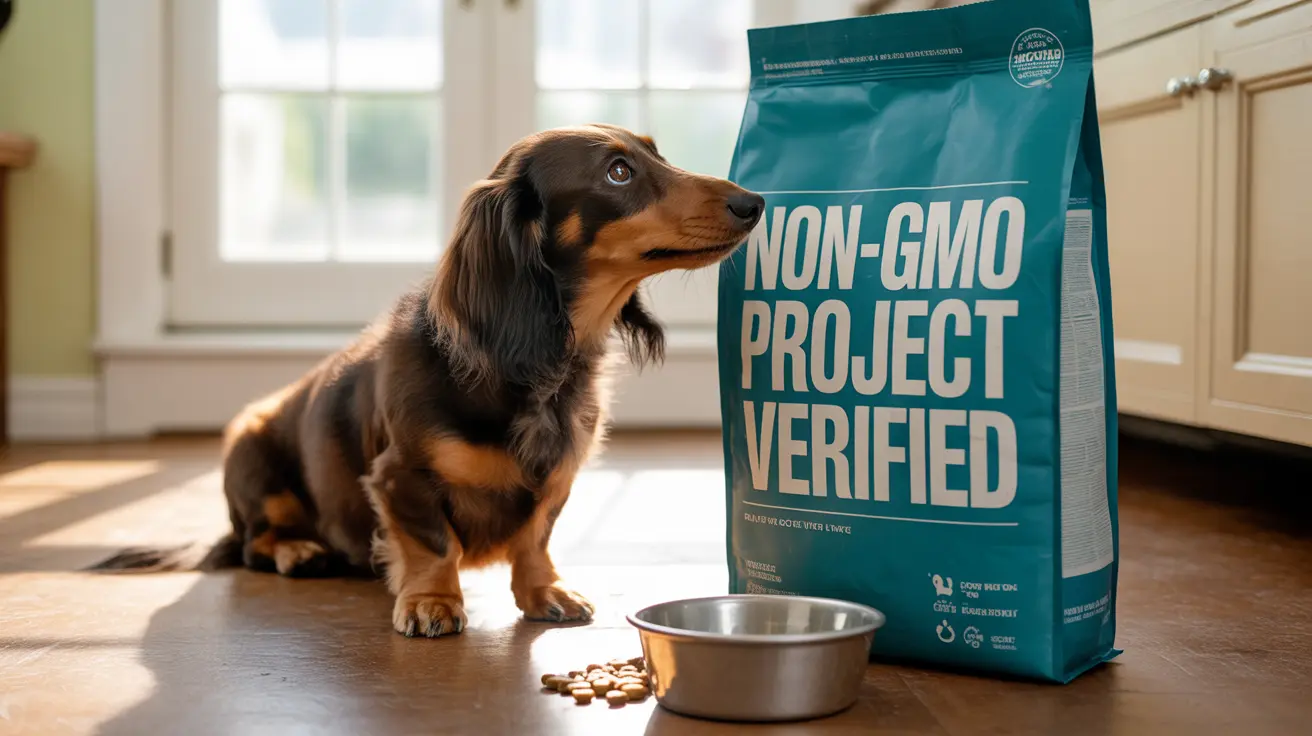What is GMO Dog Food?
As pet owners become increasingly conscious about their dogs' nutrition, questions about GMO dog food have moved to the forefront of many feeding discussions. GMO (Genetically Modified Organism) dog food contains ingredients from crops that have been genetically engineered for specific traits, such as resistance to pests or herbicides.
Common GMO ingredients in commercial dog foods include corn, soy, and canola oil. In fact, over 90% of these crops grown in the United States are genetically modified, making them prevalent in many pet food formulations unless specifically labeled otherwise.
The Science Behind GMO Ingredients in Pet Food
Genetic modification in crops used for pet food typically focuses on creating plants that can withstand herbicides or produce their own insecticides. While this technology has revolutionized agricultural production, it has also raised questions about long-term health implications for both humans and pets.
These modified crops may contain different nutritional profiles compared to their non-GMO counterparts. Additionally, they often carry residues of pesticides like glyphosate, which has been linked to various health concerns in animals.
Safety and Health Considerations
Current Scientific Understanding
The scientific consensus currently suggests that GMO ingredients are generally safe for pet consumption. Major regulatory bodies, including the FDA, have not found direct evidence of harm from GMO ingredients in pet food.
Potential Concerns
- Higher levels of pesticide residues
- Possible allergic reactions
- Potential long-term effects on organ health
- Concerns about digestive issues
Non-GMO Alternatives
Benefits of Non-GMO Dog Food
- Lower pesticide residue levels
- Often made with higher-quality ingredients
- Usually contain fewer artificial preservatives
- May be easier to digest for sensitive dogs
Reading Labels and Certifications
- USDA Organic certification
- Non-GMO Project Verified seal
- Human Grade certification
Making an Informed Choice
When deciding between GMO and non-GMO dog food, consider:
- Your dog's specific health needs
- Your budget (non-GMO options typically cost more)
- The importance of organic ingredients in your pet's diet
- Your veterinarian's recommendations
Frequently Asked Questions
What are the common GMO ingredients found in dog food, and how can I identify them on labels?
Common GMO ingredients include corn, soy, canola oil, and their derivatives. Look for ingredients listed as "corn," "soybean meal," or "canola oil" unless specifically labeled as non-GMO or organic.
Are GMO dog foods safe for my pet's health compared to non-GMO or organic options?
Current scientific evidence suggests GMO dog foods are generally safe. However, non-GMO options may have fewer pesticide residues and artificial additives, which some pet owners prefer.
What potential health risks are associated with feeding dogs GMO-containing foods, such as exposure to glyphosate or Bt corn?
While direct links aren't conclusively proven, concerns include potential liver and kidney stress from pesticide residues, allergic reactions, and digestive issues. More long-term studies are needed.
How do non-GMO and organic dog foods differ in terms of ingredient quality, health benefits, and environmental impact?
Non-GMO and organic dog foods typically contain higher-quality ingredients, fewer synthetic pesticides, and support more sustainable farming practices. They often have stricter quality control standards but come at a higher price point.
What certifications or labels should I look for to ensure a dog food is truly non-GMO or organic?
Look for USDA Organic certification, Non-GMO Project Verified seal, or certified organic ingredients. These certifications require rigorous testing and verification processes.
Conclusion
While the debate around GMO dog food continues, the choice ultimately depends on your personal values, budget, and your dog's specific needs. Whether you choose GMO or non-GMO options, focus on selecting a well-balanced, high-quality food that supports your pet's health and wellness.






